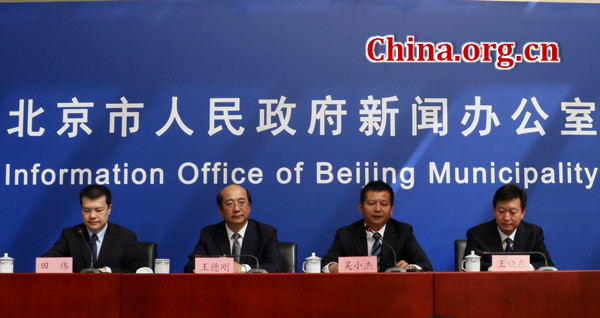Hebei Province in northern China has a large disabled population. Over the past 30 years, the care for the disabled in the province has developed rapidly, and many disabled people have benefited from the work.
![Ding Yukun is seen in a recent photo. [Photo: China Plus] Ding Yukun is seen in a recent photo. [Photo: China Plus]](http://images.china.cn/attachement/jpg/site1007/20170920/f44d307d90cc1b2c17f90b.jpg) |
|
Ding Yukun is seen in a recent photo. [Photo: China Plus]
|
Born with congenital spina bifida, 35-year-old Ding Yukun had to have both of her legs amputated in 2008 due to recurrent inflammation. But since then she has started an online business.
She said she tried to apply for several jobs before the amputation, but there was little that was suitable for her.
“When I was nearly 20 years old, I started to look around for a job. I had tried many fields, but they didn’t seem to be suitable for me. In 2008, I had amputation surgery, and then, I began my online business at home. The Internet is fantastic! It has given me wings and taken me to wherever I want to go.”
But learning to use a computer was not easy for Ding, because she never attended school. Her doctor once asserted that she wouldn’t make it through 12 years old.
She learned to read with the help of a dictionary and then learned typing and surfing the Internet.
For the first month, she worked 10 hours every day on the Internet as a copyreader. And she remembered clearly that her “first bucket of gold” was 270 yuan, around 40 US dollars.
Now, as a successful e-commerce businesswoman, Ding is busy with helping other disabled people. She provides an online platform to sell handicrafts made by the disabled.
Ding Yukun is one of 5.2 million disabled people in Hebei Province.
In the last five years since the 18th National Congress of the Communist Party of China was held, over 10,000 disabled people in Hebei have started businesses online. The provincial government has supported 100 shops opened by the disabled on Taobao, China’s largest e-commerce platform.
Also, nearly 250,000 disabled people have received training, and over 620,000 rural disabled people have been employed.
Zhu Lijie, Chairman of Hebei Disabled Persons’ Federation, said laws and regulations are adequate to guarantee the disabled persons’ rights.
“Under the ’13th Five-Year Plan,’ we have developed a solid framework for the disabled-related work we need to do. Previously, what we can do is to donate or establish a charity for them, but now, education, medical treatment, rehabilitation training, social security, protection of human rights and related issues have all been considered.”
She added that 80% of all disabled in the province are expected to receive rehabilitation training by 2020.

![Ding Yukun is seen in a recent photo. [Photo: China Plus] Ding Yukun is seen in a recent photo. [Photo: China Plus]](http://images.china.cn/attachement/jpg/site1007/20170920/f44d307d90cc1b2c17f90b.jpg)